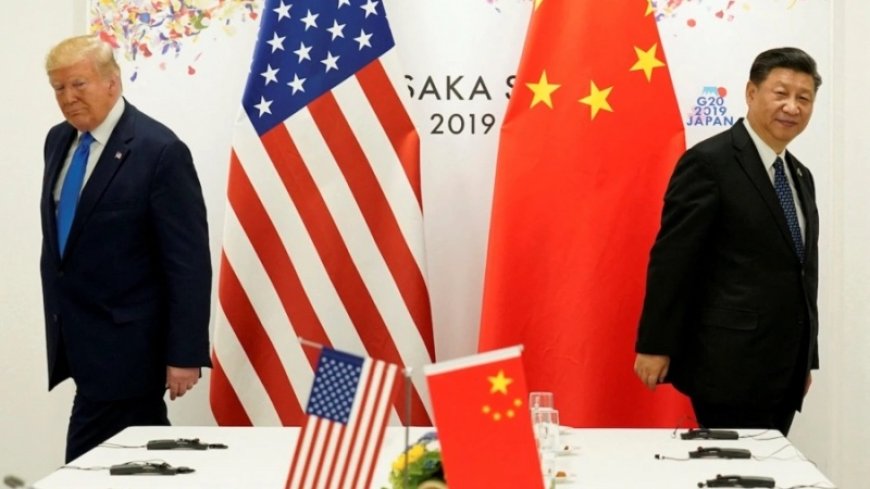Sanctions for Sanctions: China's Reaction to US Intrusions
In response to US sanctions on Chinese companies, China's Ministry of Commerce announced that it has banned exports to dozens of US companies.

In response to US sanctions on Chinese companies, China's Ministry of Commerce announced that it has banned exports to dozens of US companies.
China's Ministry of Commerce has added 28 American companies to its export control list to “protect national security and interests” in response to US sanctions on Chinese companies.
According to Russia Today, General Dynamics, Boeing Defense, Space and Security, Lockheed Martin and Rayton Defense Missile Industries are among the companies. In addition, China has banned the export of general-purpose goods to these companies.
China has shown in practice that it has the ability to resist US economic and technological pressure. Previously, Donald Trump, the US president-elect, had threatened to impose large tariffs on goods imported from China and several other countries.
China appears to be bracing for whatever may happen in relations between Beijing and Washington, when Trump enters the White House on January 20.
In his first term, Trump intensified the trade war with China by imposing high tariffs on Chinese imports, and he is still determined to take steps in that direction.
Although Trump has stated that increasing tariffs and tightening technological cooperation with China is to protect American economic, trade and industrial companies, it is clear that the United States is concerned about losing its global hegemony as China's commercial and economic power increases.
In fact, Washington's goal is to destroy or weaken the power of the Eastern and Southern world axis which has been targeting the three axis powers, namely Iran, Russia and China.
The escalation of war and unrest in West Asia, stoking the flames of war in Ukraine, and intensifying the trade war with China are some of the US strategies and keywords in dealing with the strengthening of the global south concentrated in BRICS.
Trump’s recent reaction to BRICS’ successes, including in the trade and financial sectors, shows that America is not indifferent to BRICS’ movements, but in fact is very concerned. Therefore, China’s actions in imposing export controls and banning the shipment of dual-purpose goods to American companies show the strength of southern countries against increasing economic, military and security pressure from Washington.
In the same way, the other two axes of power in the southern hemisphere, namely Iran and Russia, have managed to neutralize many White House conspiracies and political, economic, military and security pressures in West Asia and Ukraine. Therefore, one of Trump's most important missions in the White House is to deal a heavy blow to Beijing. In doing so, this is done to create a level of security for the United States against China's ever-increasing economic and commercial progress, but taking into account technological cross-over.
With the increasingly limited borders of Western countries and the increasingly attractive global market, it is difficult to imagine that America can limit China by applying tariff pressure.













































